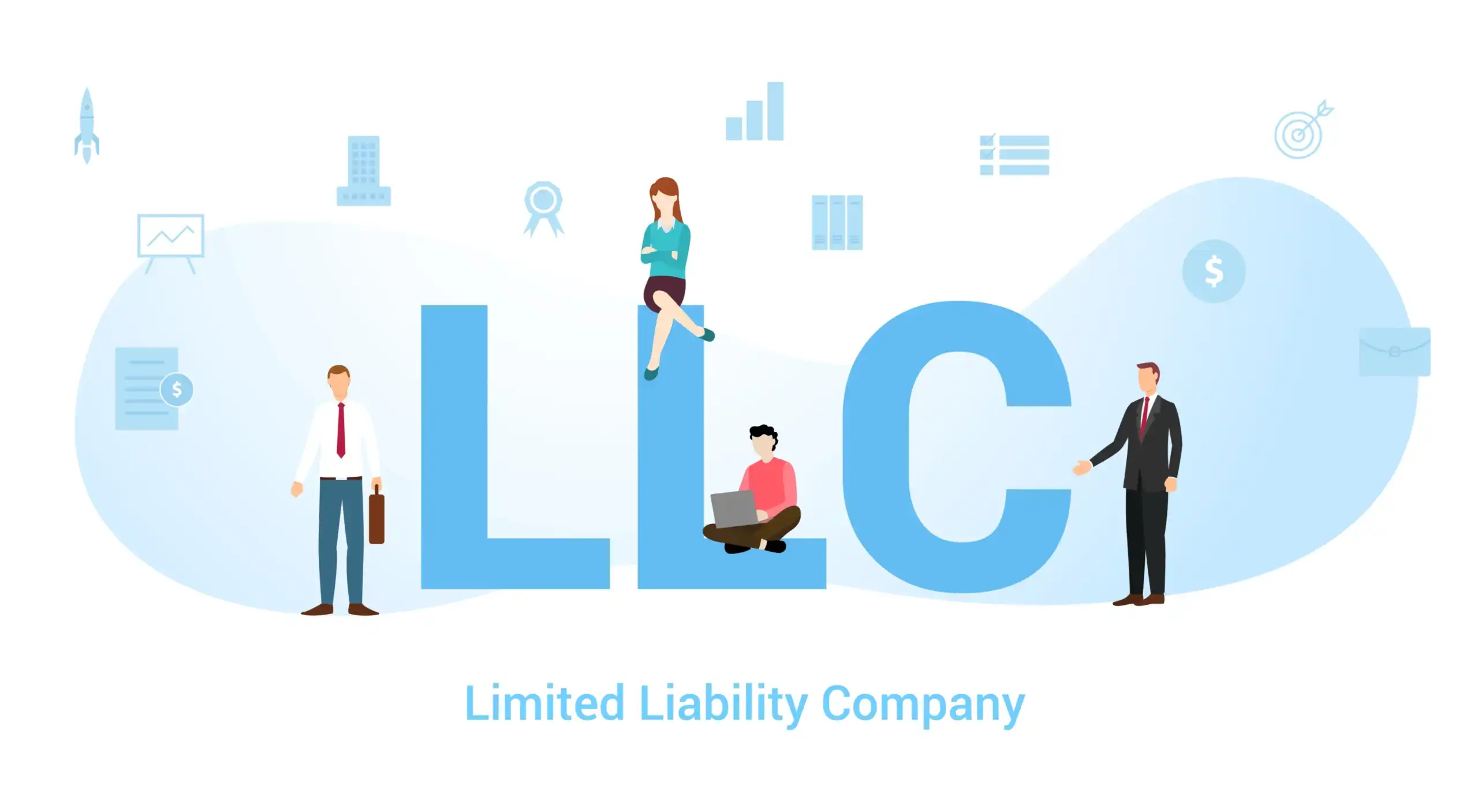In the current competitive environment, expanding your business is no longer an objective, but a necessity. However, the bigger your business grows the more complex it becomes to manage finances and pay taxes. Effective tax filling is not just about being in compliance, but a strategic role of operating and expanding your business seamlessly.
This guide will provide practical knowledge to streamline your tax filing process, be compliant and grow a concrete foundation. We will take you through the necessary areas: the use of technology, marketing to expand responsibly, serving your clients better, and tax planning mid-year, so that every action you take is effective and growth-based.
File Taxes Quickly and Intelligently with the Correct Technology
As your business expands, using manual procedures to file taxes may bog you down and put you at risk of committing mistakes. Tax software programs of today have the capability of automating most of the process including data entry, calculations and electronic filing so you save time and expensive errors.
This is how technology can be used to file efficiently:
- Select the Appropriate Software: Select software with an intuitive interface, robust security, and the ability to tie into other systems (e.g., accounting or CRM).
- Automate Repetitive Processes: Utilize tools with auto-calculations, e-filing, and data import/export capabilities.
- Stay Current On Tax Laws: Utilize software that updates automatically, when the law changes and do not miss the most important adjustments.
Using the appropriate tools, you will not only pay taxes quicker but also free up more time in your calendar to work on the growth activities such as reaching out to customers and improving the service.
No Waiting, Mid-Year Tax Planning
Most of the effective tax filing process is preparation and the most appropriate time to begin is in the middle of the year. This will enable you to identify the tax saving opportunities early enough and prevent the last minute rush.
Mid-year planning assists you:
- Adapt to New Tax Laws: In case of new deductions or credit requirements, it is the time to switch in the middle of the year.
- Reevaluate Business Costs: Revisit big expenses such as equipment, travel, or advertising to make sure that they are categorized and optimized.
- Contribute to Retirement: Contribute early to maximize contributions on yourself and employees and can lower your taxable income.
The sooner you plan, the simpler, and less stressful, tax season will be. Mid-year planning also provides you with room to modify operations towards long-term financial wellness.
Grow Your Business with Marketing (and Keep Taxes in Order)
Marketing would not appear to have anything to do with tax efficiency, but an intelligent strategy does. With more clients on board, it will be essential to monitor the revenue, advertisement costs, and ROI of campaigns to report the taxes correctly.
The following is how marketing would help in effective tax filling:
- Keep a record of all marketing costs: Advertising, promotional material, online costs, and branding are usually tax-deductible. You will be able to take the correct deductions by maintaining a record.
- Grow Smart: Niche marketing attracts the right kind of clients who are loyal- this makes your revenue less volatile and predictable.
- Establish an Online Presence: Your site and social media presence do more than expand your company, it establishes a level of transparency and professionalism which can assist in audit or funding.
Moreover, a business that has been branded well earns the trust of customers and tax professionals.
Files More Precisely with Enhanced Customer Service
Customer service does not only create loyalty, but it contributes directly to proper tax payer filing. By knowing your clients, being able to understand their needs and monitoring contacts, your data will be improved, cleaner and easier to manage during tax season.
The benefits of a powerful customer service:
- Maintain Detailed Records: All client meetings, transactions, or document exchange activities must be kept safely with a view of taxation.
- Individual Tax Strategies: Once you know the financial profile of your individual clients, you are able to provide services such as proactive tax planning to benefit you and the client.
- Quicker Communication: Clients that feel like they matter will be quick to reply to your request of signature, receipt or clarification thus saving you time.
Good service also boosts referrals, another business booster and will provide you with steady sources of income to monitor when tax-paying time arrives.
With Up-to-date Financial Monitoring
Effective filing requires regular financial tracking. Do not wait until the end of the year to tally your books.
Staying ahead tips:
- Accounting Software: QuickBooks, Xero or integrated software with your tax software can help you to reconcile transactions in real time.
- Keeping Business and Personal Finances Separate: Open a business bank account and credit card. This makes it easier to follow and there are no headsaches at tax time.
- Monitor Cash Flow with Dashboards: You should always know your income, expenses and profit margins so you can plan and file properly.
The real-time tracking also enhances your capability to make quick and intelligent decisions whenever opportunities or problems come by.
Optimize Deductions and Credits of Increasing Businesses
Abandon no money on the table. An effective tax filing also involves understanding what deductions and credits you are eligible to claim-particularly as your business expands and more expenses arise.
- Typical deductions of expanding businesses:
- Software subscriptions (such as CRM software or tax software)
- Advertising and marketing expenses
- Office materials or home office cost
- Professional development and training
- Salary and benefits of the employees
- Rent and utilities
- Credits to take into consideration:
- Work Opportunity Tax Credit (WOTC)
- R&D Tax Credit (in case you generate new processes or products)
- Small business health coverage tax credit
These are more important as you get older- and more difficult to keep up with without a system. The point is to record all of it and consult a tax expert on a regular basis.
Remain Compliant with the Shifting Regulations
An expanding company must be flexible- and also must be compliant. Effective filing of taxes also involves keeping in touch with federal, state, and local tax laws that can influence your business.
Be in compliance by:
- Signing up to IRS Updates: Their bulletins are an excellent source of new information.
- Following Industry Blogs: There are blogs that provide updates relevant to tax professionals such as the Drake Blog.
- Tax advisor: An expert can raise compliance red flags before they translate into fines.
Proactivity can save you late fees, audits, and opportunities. It also leaves you at peace of mind which is priceless in the operation of a business.
Connect and Interact with Other Tax Professionals
Other people in your industry can be your source of the best filing strategies sometimes. Online groups, associations and local events: Tax professional networks provide best practices, advice and referrals.
Advantages of becoming a part of a professional network:
- Acquire knowledge of software that is working in other businesses
- Communicate tax pitfalls and their avoidance Share best tax practices Share best tax practices
- Be inspired by the growth processes of others
- You may also find out new models of client service or pricing that would enhance your efficiency and profitability.
Request Reviews and Utilize Feedback to Enhance Flow of Filing
Satisfied customers may be your best marketers. However, their comments also make an unbelievable instrument to optimize your internal procedures.
Use customer comments to:
- Find out the bottlenecks of your service (e.g., document collection)
- Be more clear in your speech
- Eliminate complex procedures within your hiring or submitting process
- Promote Google and Yelp reviews and address them professionally both negatively and positively. It demonstrates to clients and potential auditors that you are an efficient, well-organized and ethical operation.
Create a Tax Filing Checklist That Keeps Up With You
Your tax filing should increase as your business grows. A checklist will make you consistent, identify errors and lower the stress when deadlines come.
What your checklist may consist of:
- Due dates on quarterly estimated tax payments
- Steps to collect documents (receipts, W-2s, 1099s, etc.)
- Schedules of communication with clients
- Software update checks
- Backup and storage operations
It is also possible to customize it to seasonal work (e.g. tax season rush), or business cycles (e.g. launch of a new service).
Final Thoughts
Being effective at tax filing is not merely about completing the tax filing process but to create a system that can serve your business in the long run. With a good investment in tools, strategies, and planning habits, you transform the process of tax filing into an asset.
As a solo practitioner, as an expanding team, or a multi-location tax preparation service, these strategies will keep you ahead, compliant, and growing with confidence. When you are looking to simplify your tax process and put your business on the next level, contact The Finance Focus, your financial management partner who can help you do it in a smart, stress-free way.





